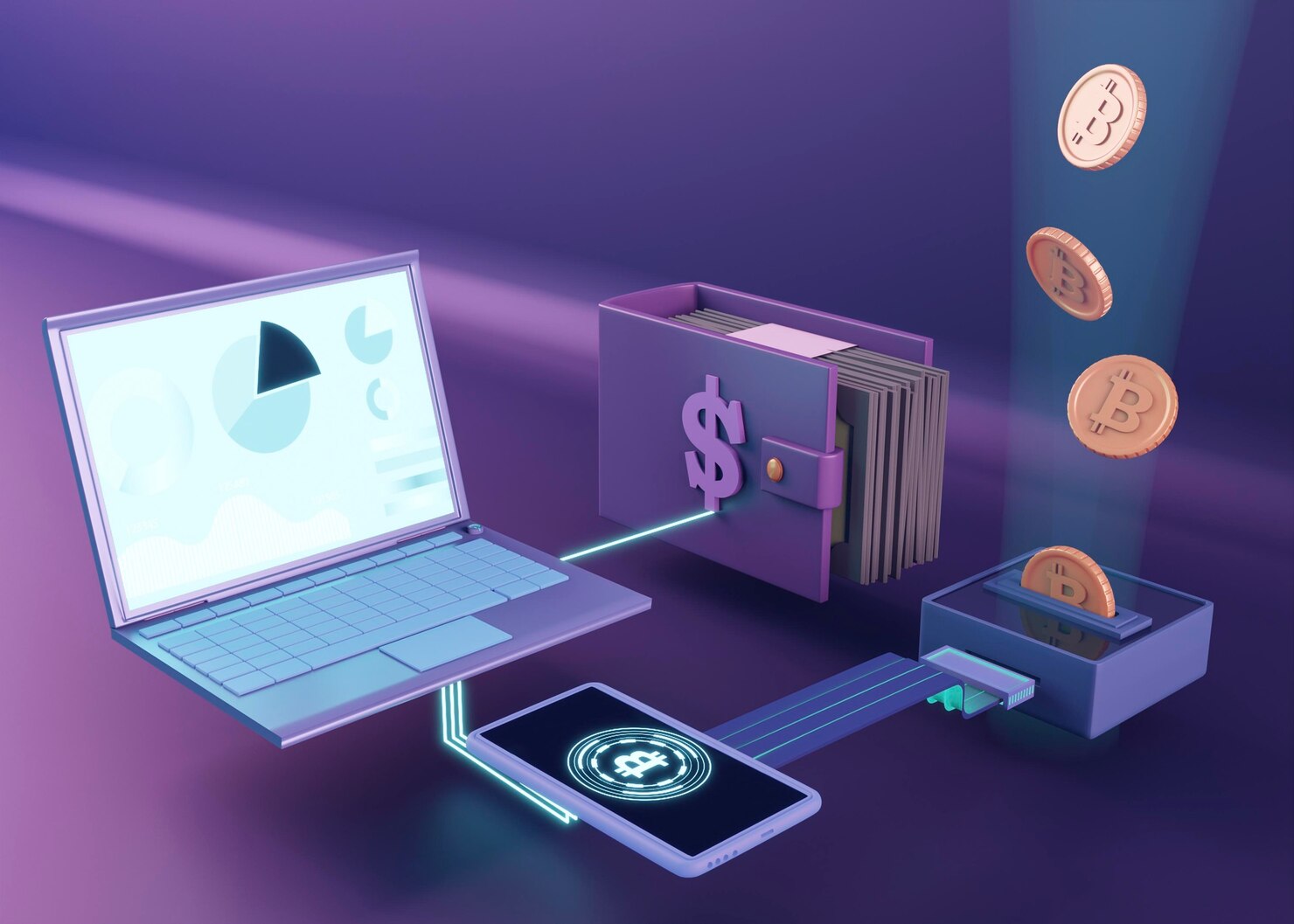The world of cryptocurrency is both thrilling and perilous. While digital currencies like Bitcoin and Ethereum promise revolutionary opportunities, they come with unique security challenges. In 2023 alone, hackers stole over $3.8 billion from the crypto industry, with individual investors bearing significant losses. Protecting your digital wallet isn’t just recommended—it’s essential. Below are some indispensable tips to safeguard your investments.
.jpg)
1. Choose the Right Wallet: Hot vs. Cold
Cryptocurrency wallets come in two major types: hot wallets and cold wallets. Hot wallets, connected to the internet, offer convenience for frequent traders but are more vulnerable to cyberattacks. In contrast, cold wallets are offline and less exposed to hackers.
Pro Tip: Keep the majority of your assets in a cold wallet for long-term storage. Use a hot wallet only for daily transactions. Think of it as a "checking account" versus a "savings account."
2. Use Strong, Unique Passwords
Hackers thrive on weak passwords. Using a password like "123456" or "password" is a surefire way to lose your digital assets. A strong password should include:
- At least 12 characters.
- A mix of uppercase and lowercase letters.
- Numbers and special symbols.
Better Yet: Employ a password manager. It generates and securely stores complex passwords, removing the temptation to reuse weak ones.
3. Enable Two-Factor Authentication (2FA)
A single layer of protection isn’t enough. Two-factor authentication (2FA) adds a critical second layer, usually requiring you to confirm your login via a code sent to your mobile device or email. Authenticator apps like Google Authenticator or Authy are far more secure than SMS-based 2FA, which can be compromised through SIM-swapping attacks.
4. Watch Out for Phishing Scams
Phishing attacks are rampant in crypto space. Fraudsters create fake websites or send convincing emails posing as legitimate exchanges or wallet providers. One click on a malicious link, and your entire wallet could be drained.
Rule of Thumb: Always type the URL of your exchange or wallet manually into your browser. Use VPN for crypto to prevent whaling scams and other types of phishing threats. More advanced providers, like VeePN, offer protection against a variety of cyber threats, including connection interception, data eavesdropping, cookie hacking, and much more. Never click on unsolicited links, no matter how authentic they seem.
5. Keep Your Private Keys Private
Your private key is the digital equivalent of the PIN to your bank account. If someone has access to it, they control your assets. Never share your private key, not even with customer support from your wallet provider.
Best Practice: Store your private key offline, perhaps in a secure, encrypted document or, better yet, a physical format like a piece of paper or a hardware wallet.
6. Regularly Update Software
Outdated wallet software, exchanges, or antivirus programs leave you exposed. Cybercriminals exploit known vulnerabilities in outdated systems to steal funds.
Checklist for Updates:
- Ensure your wallet software is up-to-date.
- Install the latest operating system patches.
- Keep your antivirus software current.
7. Vet Cryptocurrency Exchanges
Not all crypto exchanges are created equal. Some have poor security measures or insufficient insurance policies to protect against hacks. When choosing an exchange:
- Check its reputation online.
- Confirm it offers features like cold storage for customer funds.
- Look for strong regulatory compliance in its operational jurisdiction.

8. Diversify Your Storage
Putting all your cryptocurrency in one wallet or exchange is risky. Hackers target large, centralized repositories of funds, making single-point storage a liability.
Diversification Strategy: Split your holdings across multiple wallets and exchanges. If one gets compromised, the rest remain secure.
9. Be Wary of Public Wi-Fi
Public Wi-Fi networks are breeding grounds for hackers using "man-in-the-middle" attacks to intercept sensitive data. Accessing your digital wallet on such networks can expose your credentials to malicious actors.
Safer Option: Use a Virtual Private Network (VPN) to encrypt your internet connection, especially when trading or checking your wallet.
10. Stay Informed and Educated
The cryptocurrency landscape evolves quickly, as do hacking techniques. Subscribe to reliable crypto news outlets, participate in investor forums, and follow cybersecurity experts. Awareness is often your best defense.
Stat to Note: According to a 2022 report, 95% of breaches involve human error, such as falling for phishing scams or using weak passwords. Staying informed minimizes these risks.
Conclusion
The cryptocurrency market offers boundless opportunities, but these come with significant risks. Protecting your digital wallets and investments requires vigilance, the right tools, and proactive habits. Following these cybersecurity tips ensures you stay ahead of threats and keep your hard-earned crypto secure. Remember: In the digital realm, your first and last line of defense is you.





 usdt
usdt xrp
xrp

